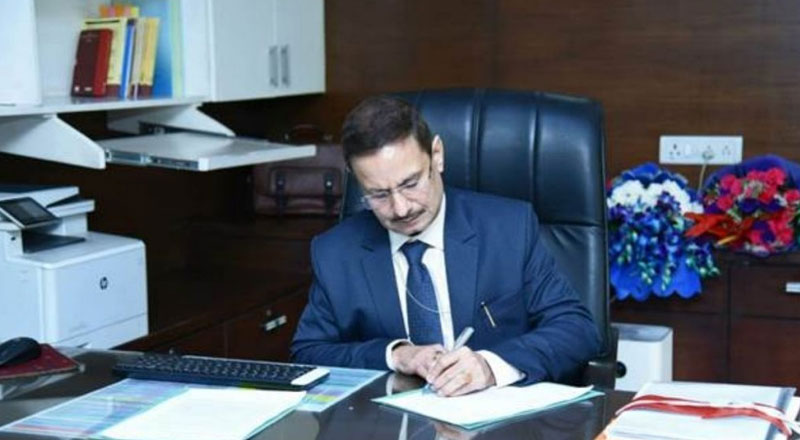Rajarshi Bhattacharyya, Country Head (India) – SUSE during a chat with SPOI shares his insights on how GST can be a game changer for the Indian economy and help the different initiatives supported by the government –
SUSE, a pioneer in open source software, provides reliable, software-defined infrastructure and application delivery solutions that give enterprises greater control and flexibility. More than 20 years of engineering excellence, exceptional service and an unrivalled partner ecosystem power the products and support that help our customers manage complexity, reduce cost, and confidently deliver mission-critical services. The lasting relationships we build allow us to adapt and deliver the smarter innovation they need to succeed – today and tomorrow.
How is GST a significant milestone for the Indian economy?
Goods and Services Tax is the single biggest tax reform taken up by India since independence, which collapses 17 central, state and local body taxes into a single tax. Policymakers predict that GST is going to be a potential game changer for the country’s economy. On one hand, they expect that the introduction of GST will give a major impetus to the manufacturing sector, create more jobs and improve investment climate. Overall, it is expected to positively impact demand and consumption of goods, which will certainly be a boost to the Indian economy in the long run. As GST extends the tax base of the nation, the government revenue is expected to go up. In the short run, economist predicts that inflation will be brought under control as GST for most goods are fixed at a lower rate. So, I am quite optimistic about both the short and long-term impacts of GST on our economy.
How will digital transactions through GST help in increase in business for the company?
At SUSE, digital has always been the primary medium for transactions. So, we don’t anticipate GST to change too many processes internally. However, GST will certainly draw India’s MSMEs, which might include some of our customers and partners, towards digital transaction. This will make this sector more transparent and organized in the long run, and we hope it will facilitate ease of doing business with them.
How will GST support “Make in India” initiative in the long run?
Economists do believe that GST will be a boost for the Make in India initiative, considering how the new tax regime will likely transform India’s manufacturing sector. Introduction of GST aligns perfectly with ‘Make in India’ project’s goal to convert India into a manufacturing hub. Our previous tax regime was one of the major inhibitions that curbed fresh investments in the manufacturing sector, due to multiplicity of taxes, cascading effect of taxes and huge compliance cost. GST is expected to address all these concerns and improve efficiency in logistics—leading to clear advantages for the Indian manufacturing sector. GST will eventually make Indian products more competitive, both in the domestic and international markets.
What are the future challenges with respect to GST which needs to be implemented as per government regulation?
I think one of the biggest challenges for companies will be how they can assess the impact of GST on product pricing, supply chain and cost. They also need to get used to the huge number of returns to be filed on a regular basis. It calls for a major overhaul in processes and strategies. Besides, there is a genuine shortage of GST experts who can understand the intricacies of GST. It’s not just the individual companies, the entire ecosystem—the industries, banks, finance professionals—needs to be GST-ready, which will certainly take some time.





